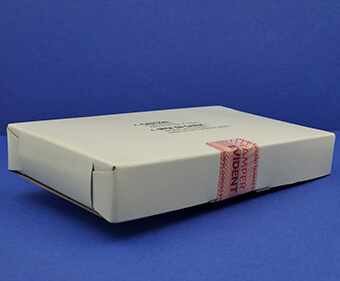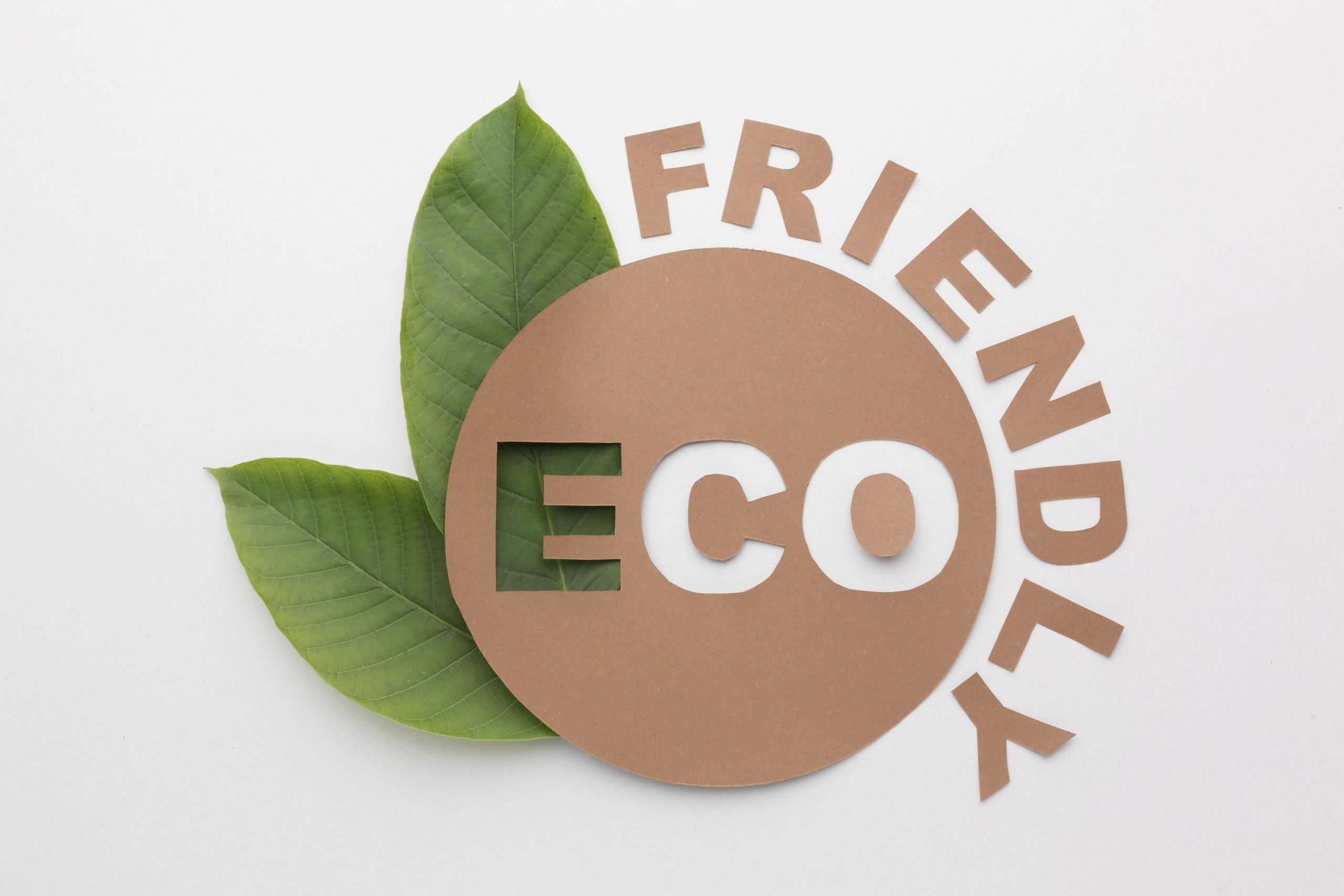
In today’s rapidly evolving business landscape, supply chain security is a top priority for companies across various industries. The global supply chain is a complex network that connects manufacturers, suppliers, distributors, and consumers. While it offers immense opportunities for growth and efficiency, it also presents vulnerabilities that can be exploited by malicious actors. This article explores the critical role of security seal labels in enhancing supply chain security and offers insights into best practices, compliance with regulatory standards, and building supply chain resilience through the implementation of security seal labels.
Supply Chain Vulnerabilities and the Need for Security Seal Labels
Supply chain vulnerabilities can take various forms, ranging from theft and tampering to counterfeiting and unauthorized access. These vulnerabilities not only lead to financial losses but can also damage a company’s reputation and erode customer trust. To mitigate these risks, organizations must take a proactive approach to securing their supply chains.
Security Seal Labels as a Deterrent: Security seal labels act as a powerful deterrent against unauthorized access and tampering. When prominently displayed on packages, containers, and entry points, these labels send a clear message that security is a top priority. Potential threats are less likely to target shipments with visible security measures in place.
Tamper-Evident Features: Modern security seal labels are equipped with tamper-evident features, such as unique serial numbers and adhesive properties that make tampering evident. If an attempt is made to breach the seal, it will leave visible signs of tampering, alerting supply chain personnel to investigate and take appropriate action.
Tracking and Traceability: Many security seal labels are equipped with tracking technology, allowing organizations to monitor the movement and location of their shipments in real-time. This not only enhances security but also provides valuable data for supply chain optimization.
Best Practices for Securing Your Supply Chain with Security Seal Labels
Implementing security seal labels effectively requires a strategic approach. Here are some best practices to consider:
1. Risk Assessment
Before choosing security seal labels, conduct a comprehensive risk assessment of your supply chain. Identify potential vulnerabilities and prioritize areas that require enhanced security measures. This assessment will guide your label selection process.
2. Label Selection
Select security seal labels that are appropriate for your specific needs. Consider factors such as the type of goods being transported, environmental conditions, and the level of security required. Some labels are designed for single-use, while others can be reused, depending on your supply chain requirements.
3. Training and Awareness
Ensure that your supply chain personnel are trained to recognize the importance of security seal labels and understand how to apply them correctly. Regular awareness campaigns can reinforce the significance of security measures.
4. Compliance with Regulatory Standards
Security seal labels must comply with relevant regulatory standards, such as ISO 17712 for high-security seals. Non-compliance can lead to legal and security risks. Choose labels that meet these standards to ensure the highest level of security.
Security Seal Labels and Compliance with Regulatory Standards
Regulatory standards play a pivotal role in supply chain security. Government agencies and industry associations have established guidelines to ensure the safe and secure movement of goods. Security seal labels that comply with these standards provide a reliable way to demonstrate adherence to these regulations.
ISO 17712: ISO 17712 is an internationally recognized standard for high-security seals. These seals are designed to withstand tampering and unauthorized access. They are commonly used for shipping containers and truck trailers in international transport.
Customs-Trade Partnership Against Terrorism (C-TPAT): C-TPAT is a U.S. government program that promotes supply chain security. Companies that participate in C-TPAT are required to implement security measures, including the use of high-security seals.
Transported Asset Protection Association (TAPA): TAPA is an industry association that sets security standards for high-value goods in transit. TAPA-certified security seal labels are widely accepted in the logistics and transportation sectors.
Supply Chain Resilience: A Holistic Approach with Security Seal Labels
In addition to enhancing security, security seal labels can contribute to overall supply chain resilience. Resilience is the ability to adapt to disruptions and recover quickly from unexpected events. Here’s how security seal labels fit into a holistic approach to supply chain resilience:
Data for Decision-Making: Security seal labels equipped with tracking technology provide valuable data that can be used to make informed decisions during supply chain disruptions. This data allows for real-time adjustments to mitigate the impact of disruptions.
Supplier Relationships: Collaborate with suppliers to ensure that security seal labels are applied consistently throughout the supply chain. Strong supplier relationships can help streamline security processes and facilitate quick responses to issues.
Contingency Planning: Develop contingency plans that include protocols for responding to security breaches and disruptions. Regular drills and testing of these plans can ensure a swift and effective response when needed.
Conclusion
In conclusion, security seal labels are indispensable tools in securing the modern supply chain. They act as a deterrent, provide tamper-evident features, and enhance tracking and traceability. By following best practices, complying with regulatory standards, and adopting a holistic approach to supply chain resilience, organizations can significantly improve their supply chain security. In an era where supply chain vulnerabilities are a constant threat, security seal labels are a proactive and effective solution to protect goods, reputation, and customer trust.



